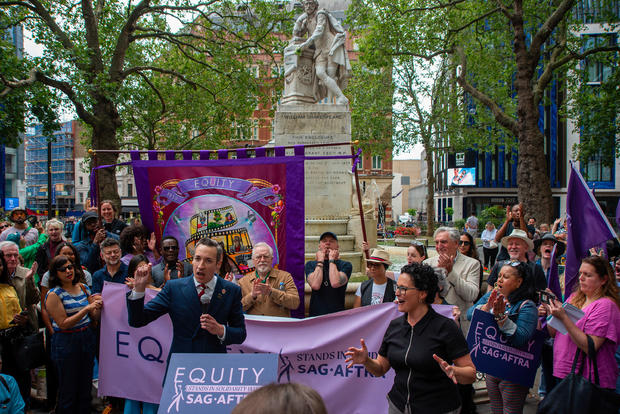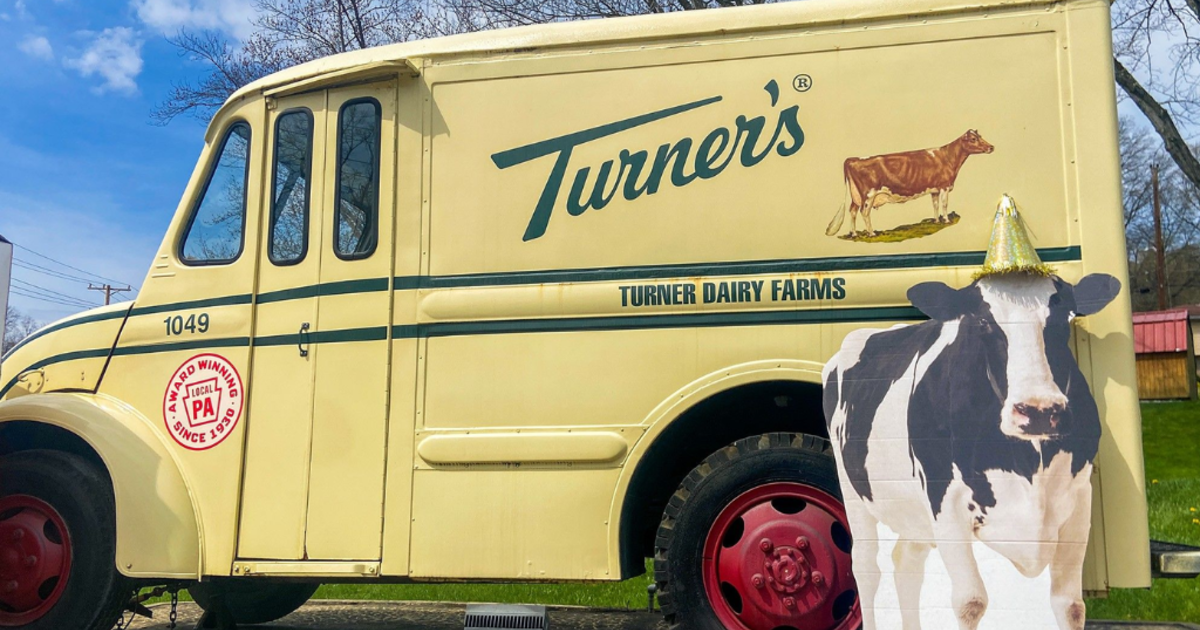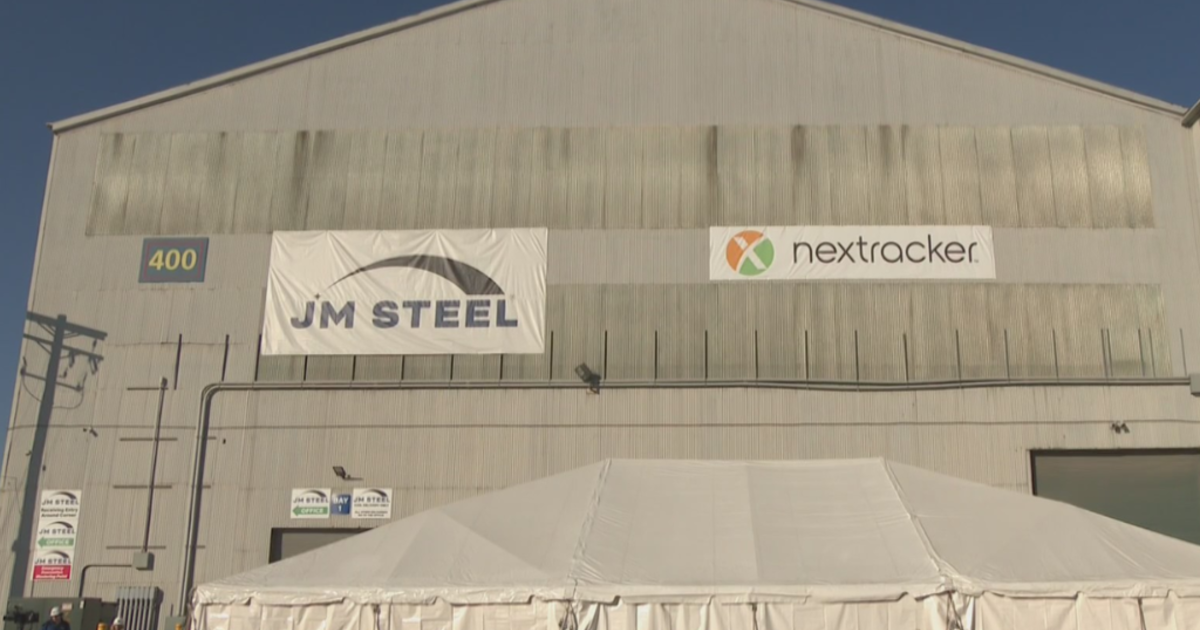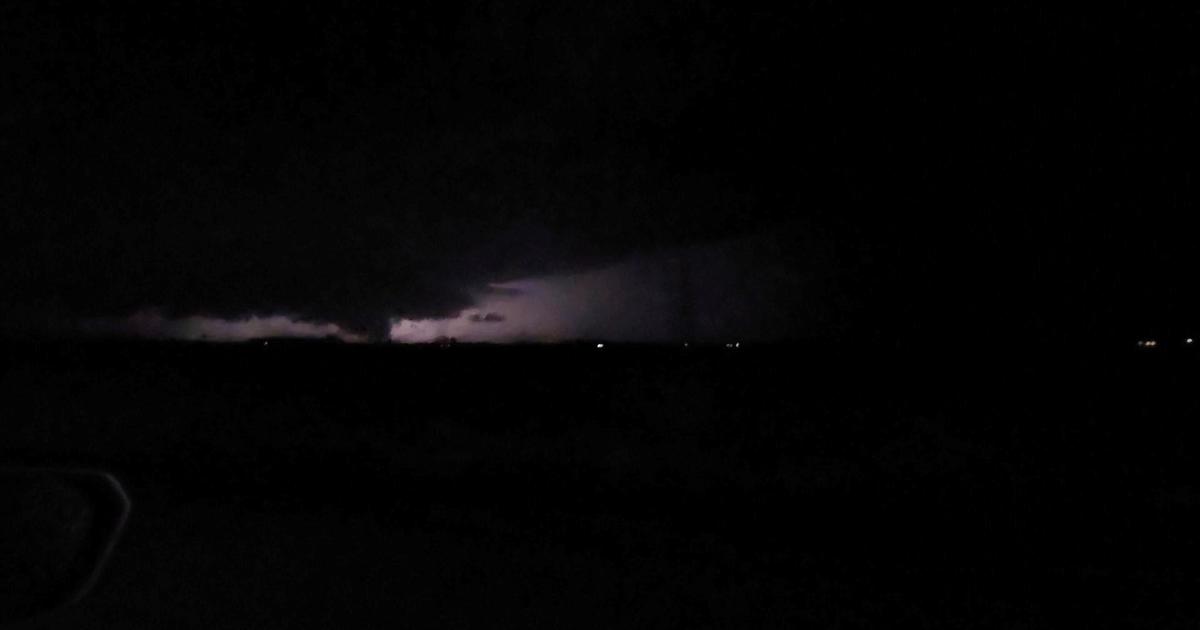Impact of Hollywood strikes being felt across the pond
London — In the heart of the English countryside, a multimillion-dollar set of the mythical land of Oz — complete with the thatched roof houses of Munchkinland, and a yellow brick road to boot — lies empty.
Production on the set of "Wicked" — a film adaptation of the hit Broadway musical, and starring Ariana Grande — has shut down in the U.K. for the foreseeable future, as the effects of the Hollywood actors' and writers' strikes are being felt far beyond Hollywood.
London is the third largest center for movie production in the world. Major productions being shot in England's capital, like "Wicked" and the Walt Disney-produced "Deadpool 3," have paused all production until further notice.
While U.K. labor laws prevent Equity — the British performing arts and entertainment trade union — from striking with Screen Actors Guild-American Federation of Television and Radio Artists and the Writers Guild of America, actors and writers in the U.K. have been marching in solidarity with their U.S. colleagues.
Comedian Rob Delaney, a SAG-AFTRA member and one of the stars of "Deadpool 3," told CBS News at a solidarity march in Leicester Square last week that the strikes are necessary to make large Hollywood studios care about "quality and quantity."
"They're like toddlers," Delaney said of the studios. "They say 'look at all the money' and then we ask for a nickel…and they're like, 'No we don't have it.'"
"I'd rather be on set today, but today's job is to be here making sure that people less fortunate than me get paid properly," he added.
"Succession" star Brian Cox, also in attendance at the London rally, told CBS News that writers are the lifeblood of the industry.
"You couldn't have a show like 'Succession,' with as many Emmy nominations as we've had, without great writing," he said. "It's nonsense to think that you can circumvent writers, you can't. They're the basis of what we do."
Many film and television workers in Britain say that the best outcome for the industry globally is for SAG- AFTRA and the WGA to get the terms that they want.
"The idea of being like the Hollywood film industry, or a Hollywood stunt person, is kind of almost like an outdated kind of myth now," British stuntman James Cox told CBS News earlier this week. "Because now, such a large chunk of the work is here in the U.K."
Cox warned that the economic impact in the short term will be severe for peers in his profession.
"It's the unknown element, which is probably the most distressing for most of the performers," he said. "To say, 'Now you guys are unemployed, we don't know how long for,' there's going to be kind of stresses and strains across the whole hierarchy of the film industry."
Among the sticking points for writers and actors in the U.S. is the decline in residuals from film and television work due to the growing market dominance of streaming platforms such as Netflix. Another major issue has been the use of artificial intelligence, which British performers say also poses a threat to the livelihoods of film crews globally.
"AI as a creative tool, is worrying because…it can't really create anything," actor Simon Pegg told CBS News at Equity's SAG-AFTRA solidarity rally last week.
"Only we can do that," he added. "So to rely on it is to rely on mediocrity, and we can't do that."
For James Cox, AI threatens the fundamental value of movie making. He says audiences could lose the magic of cinema.
"That's ultimately, probably, the question at the crux of the AI issue," Cox said. "What do the people want to see? Do they want to see something human, or something distinctly unhuman?"
The approximately 11,000 members of the WGA have been on strike since early May, while SAG-AFTRA joined them on the picket lines in mid-July. Of SAG-AFTRA's 160,000 total members, about 65,000 film and television actors are on strike.
The two unions are negotiating with the Alliance of Motion Picture and Television Producers, the group that represents all major Hollywood studios, including Paramount Pictures, which along with CBS News is part of Paramount Global.




